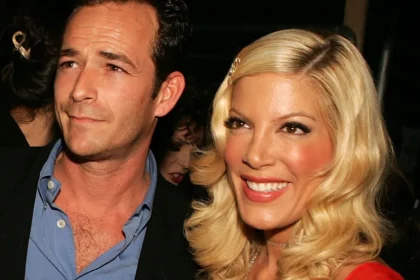Kristen Stewart didn’t hold back as she addressed Hollywood’s ongoing gender issues during the Academy and Chanel Women’s Luncheon in Los Angeles. The actress and filmmaker, whose directorial debut, The Chronology of Water, is set to release next month, used her keynote speech to criticize the entertainment industry for falling short of its post-MeToo promises.
Women’s Stories Still Facing Barriers
Stewart emphasized that despite the progress following the MeToo movement, women still struggle to tell their stories on their own terms.
“After MeToo, it once seemed as though stories made by and for women were finally getting their due,” Stewart said. Yet she noted that films or projects tackling darker or taboo subjects often face backlash and rejection.
“The violence of silencing is harder to quantify,” she added, highlighting the subtle ways women are still expected to stay quiet in Hollywood.
Candid and Bold Remarks
With her signature candid style, Stewart joked about being “in a severe state of PMS” that day, earning laughs from the star-studded audience, which included Tessa Thompson, Sarah Paulson, Patty Jenkins, Alicia Silverstone, Riley Keough, Julia Louis-Dreyfus, and Claire Foy.
She criticized the industry’s tokenism, saying, “Let’s try and not be tokenized. Let’s start printing our own currency,” urging women to claim their power in filmmaking and storytelling.
Stewart concluded her seven-minute speech with a powerful reminder: women aren’t to blame for being shut out. “It’s not our fault.”
Advocacy for Change
Her speech resonated as a call to action, highlighting how even in high-profile settings, gender inequality persists in Hollywood. Stewart encouraged women filmmakers to take pride in their work, resist tokenization, and continue creating projects that authentically represent their voices.
Final Thoughts
Kristen Stewart’s keynote at the 2025 Academy and Chanel Women’s Luncheon underscores the ongoing need for systemic change in Hollywood. As a filmmaker and actress, she continues to push for a culture where women’s stories—especially those that are dark, taboo, or unconventional—are heard, respected, and valued.




